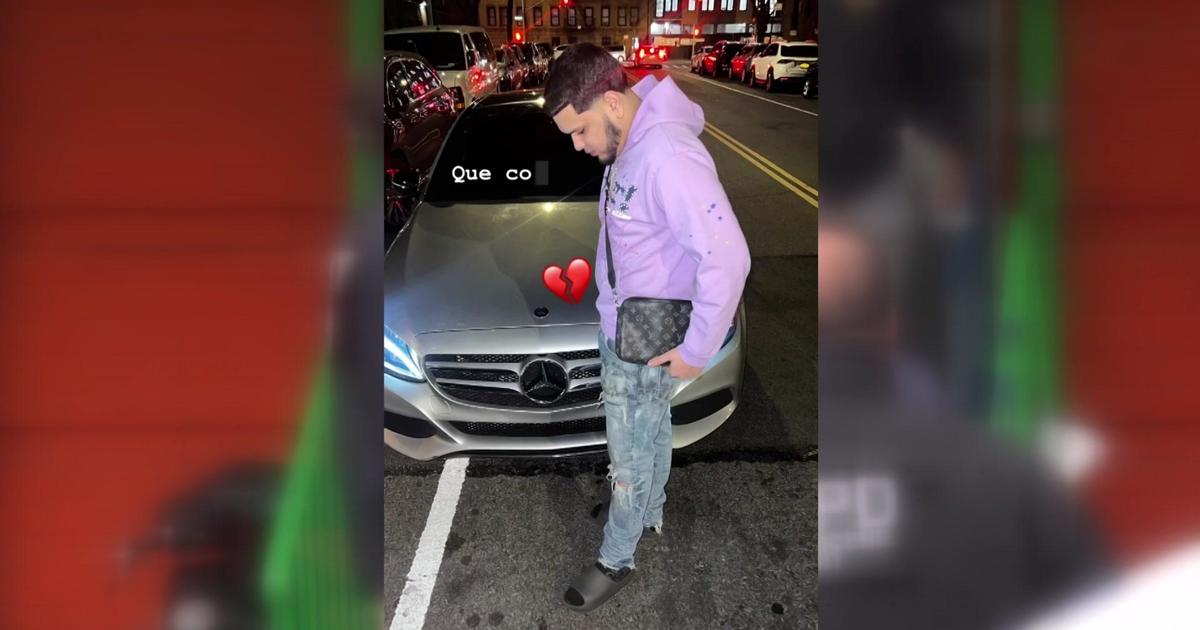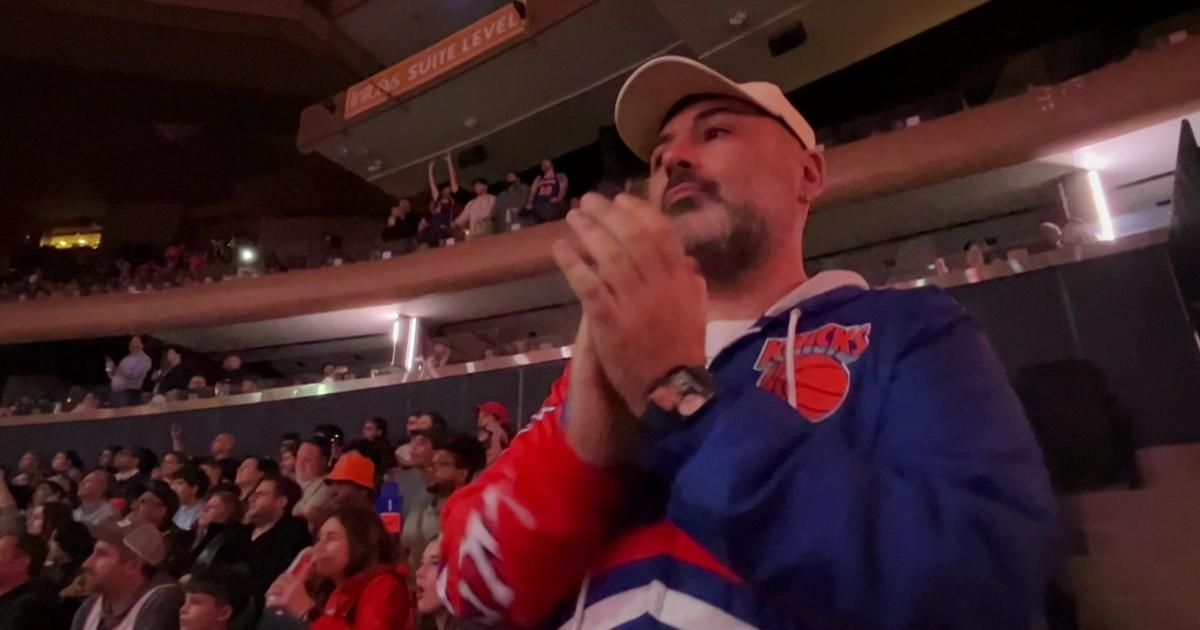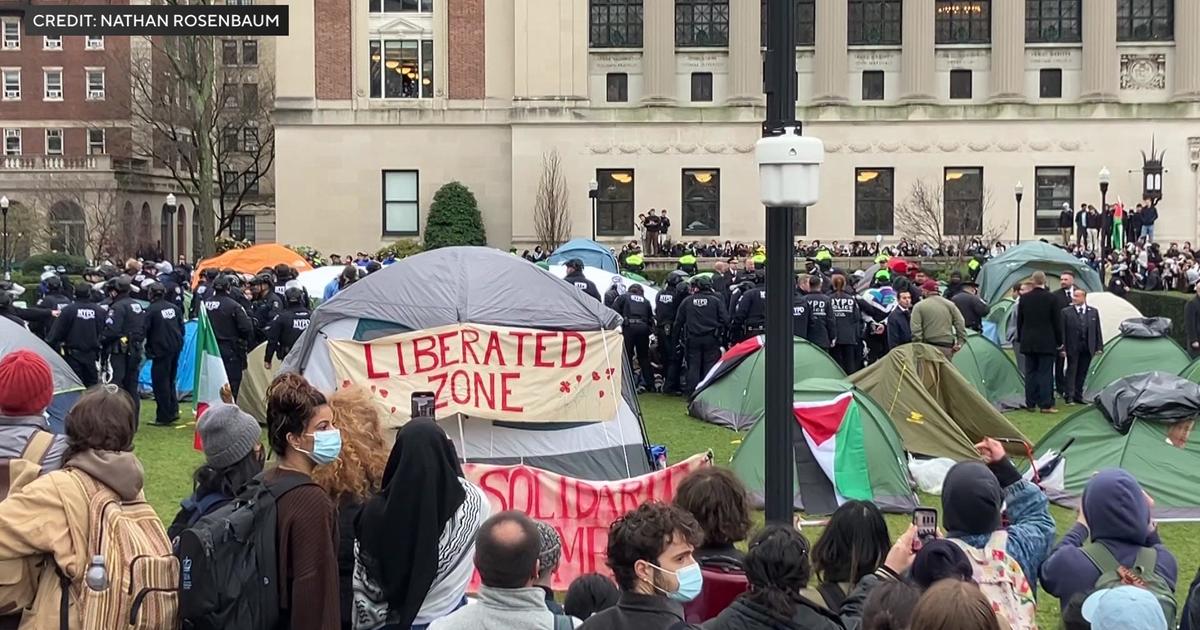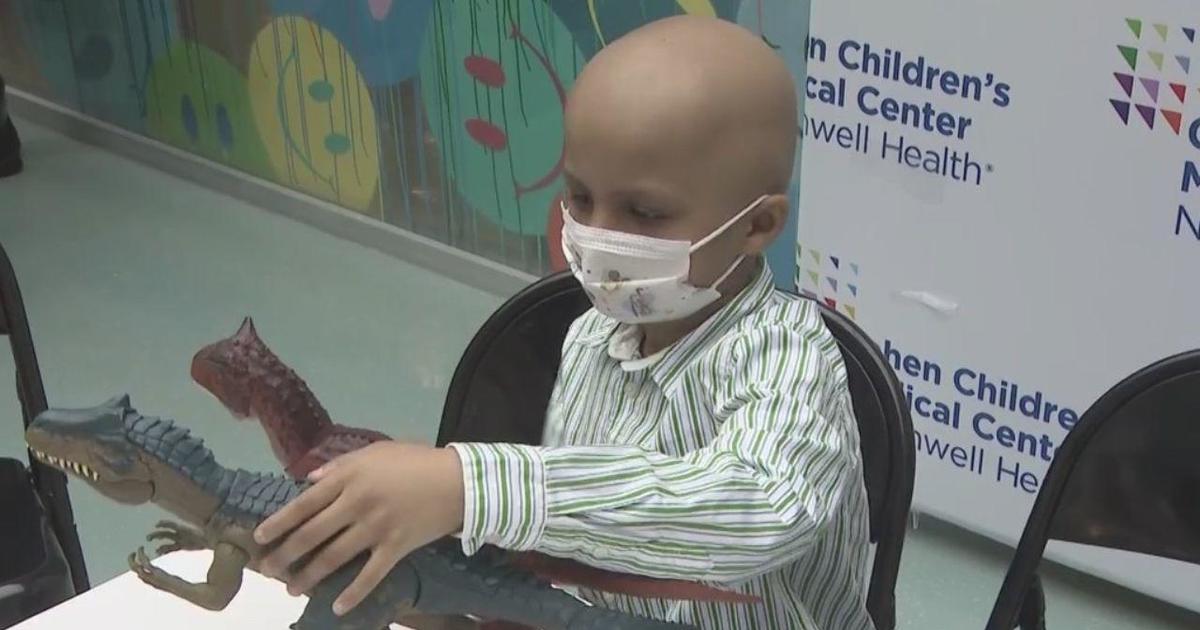Seen At 11: Stony Brook University Study Sheds Light On What Happens After Death
NEW YORK (CBSNewYork) - What happens to us after we die? It's one of life's biggest mysteries.
Now, thanks to a groundbreaking study by local researchers, we are closer than ever to finding out, CBS2's Jennifer McLogan reported.
Struck by a bolt of lightning, Dr. Anthony Cicoria died — at least temporarily.
"I had the sudden realization of, oh my God, I'm dead," he said.
"It hit me right in the mouth and threw me back like a rag doll," he added.
Cicoria says what happened next is nothing less than astonishing.
"I had no human form," Cicoria said.
First, he says he turned into a pure ball of energy and floated above his body.
"And that's when I saw myself on the ground," he said.
Then he became engulfed in what he says felt like a powerful light.
"This bluish-white light was some form of energy, and it went through everything. It permeated everything I saw, and I could actually see the lines of the energy flowing and I was flowing with it. I felt absolutely at peace and loved, and I was ecstatic at where I was going," Cicoria said.
As McLogan reported, Cicoria is not alone. In a groundbreaking study, researchers at Stony Brook University tracked 2,000 people who died and were resuscitated. Many said they experienced some form of consciousness about what was happening.
"Amazingly and to our surprise, almost 40 percent of people seemed to have a perception that they may have had some awareness during the period when they were clinically going through death," Dr. Sam Parnia said.
Among them, some felt they were "heading toward a bright white light" or were "engulfed in a soothing sensation" or saw "a beloved pet."
The study found the other 60 percent had no memory of anything happening.
"I just went out," one man said.
Of the four New Yorkers CBS2 spoke to who were resuscitated, three of them remember nothing.
"I believe in the afterlife and all that, but I didn't have that experience," Bob Crowley said.
But some say there's a medical explanation for what people remember -- neurons still firing in the brain, or what we hope to be the case could also be factor.
"I don't think there's any doubt that wishful thinking could influence what it is that we perceive. Do I think it makes it real? No," Psychologist Dr. Harris Straytner said.
Cicoria insists what he experienced was real and life-changing.
"I have no fear of death -- absolutely not -- because I know it's not something we are supposed to be afraid of," he said.
Researchers say the more we study the near-death experience, the more we will replace fear with knowledge.
In an interesting postscript, after his near-death experience, Dr. Cicoria developed an intense desire to play the piano and compose music.
You Might Also Be Interested In:



